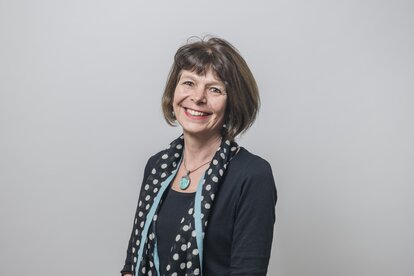Our Deputy Country Director in Nepal, Mona Sherpa, has posted on Skype, “The glory of life is in rising up after each fall and gearing up…”
Our assessment teams heading out to Sindhupalchowk and Gorkha district have reached their destinations. Bikram Rana, reporting for the Sindhupalchowk team, writes of feeling overwhelmed by the extent of the need – and of a sense of disorientation given the extent of the damage in places that were familiar to them. They passed journalists filming buildings lying in ruins, and wondered about the emotions of those who had lost their homes who were watching. At check posts along the way, people crowded around their vehicle in hope of supplies, but they continued – sometimes with the intervention of police – to Gyalthum, in Melamchi valley. Here they were able to hand over the tarpaulins that they had brought as a first contribution. Such shelter against the inclement weather is welcome; the forecast is for rain until Saturday, which adds to the misery of survivors. It is also a taste of things to come, as everyone is aware that the monsoon rains will be arriving in a month or so. While Bikram writes of a sense of solidarity with people in Gyalthum and the mutual relief and pleasure of meeting known individuals, it also appears that the situation is delicate and could potentially deteriorate into riots if more supplies do not arrive soon. There is so much need, but everything takes time. Reassurance that help is underway, and that order will be maintained, is crucial.
Both our teams are taking care to coordinate with the Chief District Officer, the police, and other key local persons. (As no local elections have taken place since 1997, there are no locally elected officials – but there are people recognised as leaders, teachers being one key group). At the national level, we are also in contact with the Home Ministry and the Association of International NGOs, AIN.
An early assessment is that shelter is the first need of survivors. Food is being shared, but shelter – when so many houses are flattened or too damaged to enter with safety – is crucial. Another early observation is that the majority of casualties appear to be women. Tragically, in disasters such as these it is often a fact that death rates amongst women are far higher than amongst men. In this case, one reason may be that more women than men were indoors, cooking and attending to other domestic matters, when disaster struck. Another reason may also simply be that more men are absent, on labour migration. For those absent men in the Gulf, Malaysia and elsewhere, it must be terrible to have no news of your family.
Tomorrow we hope to hear from the team in Gorkha.


